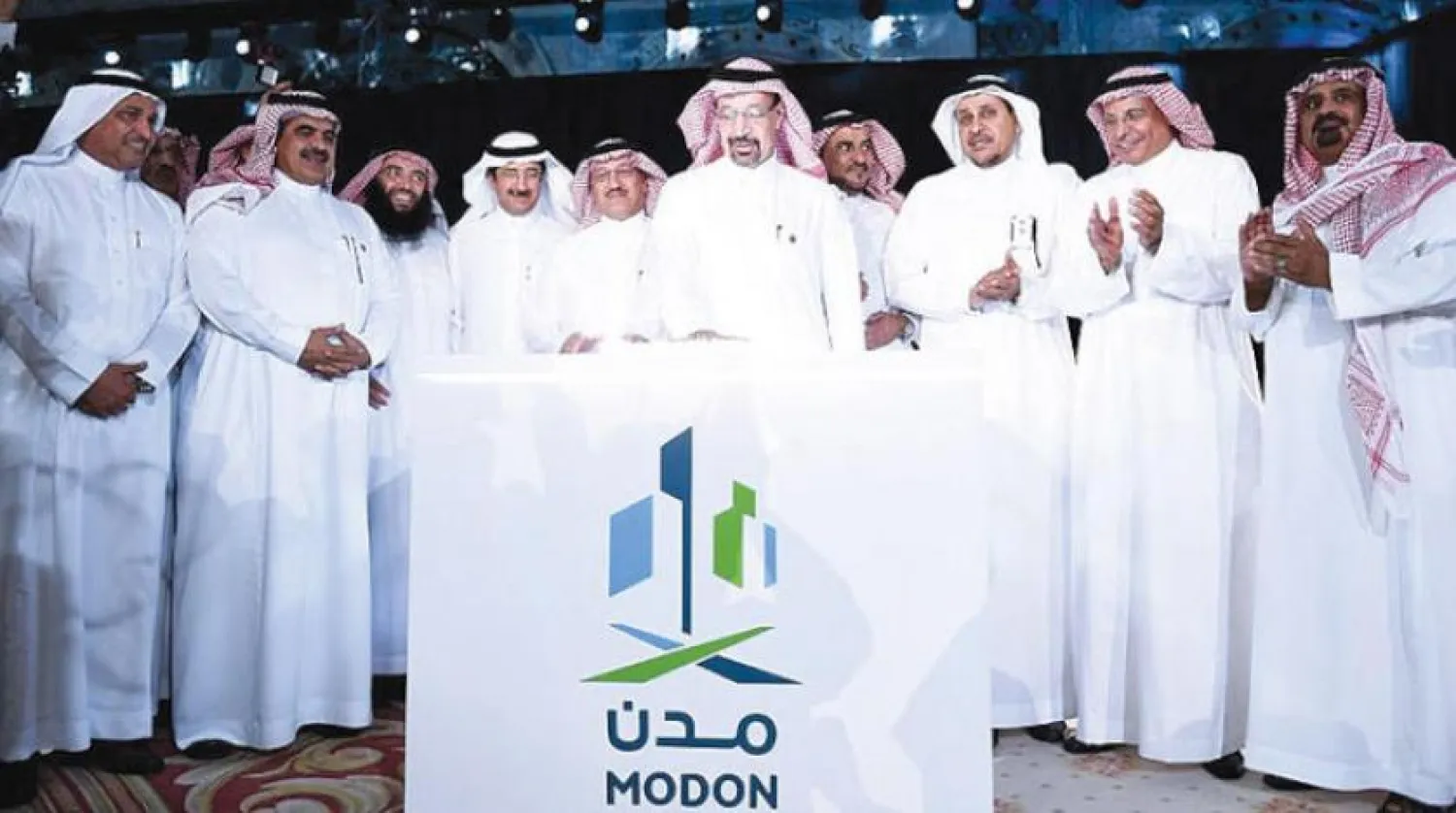Saudi Arabia's Minister of Energy, Industry and Mineral Resources Khalid al-Falih has attributed "some delays in Aramco's initial public offering to its aligning with SABIC along with adding to its value.”
He said this is likely to produce very impressive results on the market valuation of Saudi Aramco from which the Kingdom will enjoy significant benefits on various levels.
This came during the Minister’s inauguration of the new identity of Saudi Organization for Industrial Estates & Technology Zones (Modon) on Sunday along with the launching of a new phase of enabling the national industry and the advancement of the industrial sector in the Kingdom.
He told Asharq Al-Awsat that negotiations between the Public Investment Fund (PIF) and Aramco to buy the PIF’s share in SABIC are taking place.
This step will open up a great opportunity for integration in the hydrocarbon chain of production and exploration that can be done by Aramco and the refining sector, Falih noted.
He also pointed out that Aramco is one of the major companies in the refining sector that can integrate with the petrochemical sector.
“We are proud that SABIC is one of the most advanced and expanding companies in the world. Therefore, this will be a qualitative leap for the Saudi industry and for the integration of two key sectors," he stressed.
"Accordingly, there will be some delay in Aramco's IPO until the two companies are aligned and their value is added, which will have very impressive results on the market valuation of Aramco.”
SABIC will be more efficient and secure and investors will benefit from that, he said.
He revealed the approval on the establishment of new funds and banks, such as the Export-Import Bank (EX-IM Bank) to enable manufacturers in industrial cities to access the world markets as one of the targets through easy financing.
Through these banks and the new financing methods, the PIF will contribute to the transfer of the technique.
Regarding Modon’s new identity, Falih said he has launched a workshop with 33 government agencies working through the National Industrial Development and Logistics Program to promote the program, which is the most economically viable in achieving the Kingdom’s Vision 2030.
He explained that the program works on the integration among all energy sectors in their traditional types, renewable energy, atomic energy, supply chains and mining sector, including those currently being developed such as aluminum, copper, gold and phosphate, and new minerals that are explored and then manufactured.









